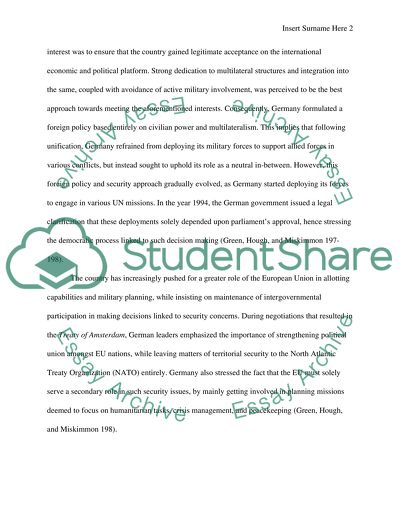Germany's challenges during post-unification period Essay. Retrieved from https://studentshare.org/social-science/1659355-germanys-challenges-during-post-unification-period
Germany'S Challenges During Post-Unification Period Essay. https://studentshare.org/social-science/1659355-germanys-challenges-during-post-unification-period.


